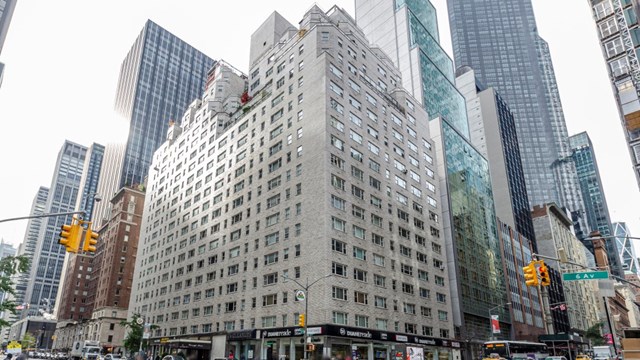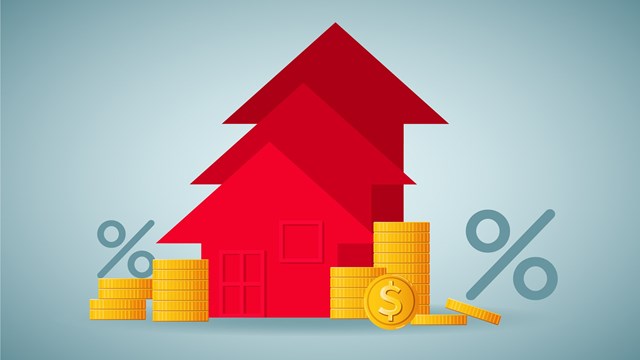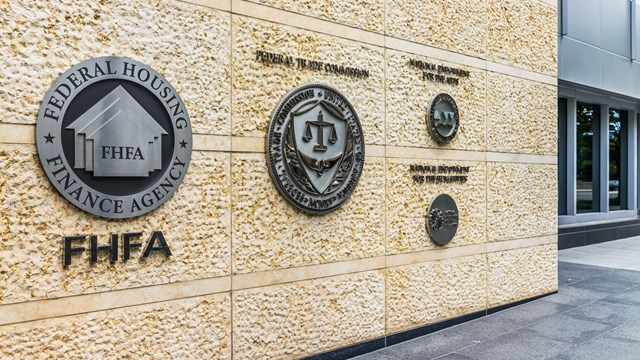On the morning of December 2, Mayor Michael R. Bloomberg signed an 18.49 percent property tax increase into law, the largest such increase in city history, but much lower than the 25 percent he originally proposed.
Regardless of whether the tax-hike weighed in at 25 percent, 5 percent - or 18.5 percent, which wound up being the final number - what New York City co-op and condo owners wanted to know was, how would it affect them, their buildings, and their bottom line?
Well, according to the New York City Department of Finance, the "˜average' co-op apartment (valued at $360,000) will be assessed an extra $390 between now and June 30, 2003, and - if renewed in time - another $390 between July 1, 2003 and June 30th of 2004, for a total tax increase of $780 dollars over the next 18 months. The owner of the average condo, valued at around $120,566 by the finance department, will have to come up with an extra $418 between now and June 30th of next year, and another $418 for the following fiscal year, making a condo owner's total assessment a healthy $836 over the next year-and-a-half.
Because the tax was voted in as a midyear modification, it will only be applicable for the second half of this fiscal year, from January to July, having the equivalent impact of a nine-plus percent annual increase. For the Taxpayers for an Affordable New York (TANY) coalition - a group devoted to tax-burden fairness and advocacy - this means that the most important phase of its campaign begins now. Already, the group is rallying its forces to address the tax increase when it comes up for review in May or June of 2003.
According to Mickey Cohen, a broker for Charles H. Greenthal in Manhattan, the speed with which this budget modification was pushed through "reflects the seriousness of the need for money in this city." It's a seriousness that is bonding New Yorkers in a veritable Sinatra-singing celebration of the city they love, for which sacrifices must be made.
"I think back to 1974, when New York was in financial difficulty, and we bounced back," says Cohen. "New York City is one-of-a-kind. A property tax is just one other item that we will absorb and still be the greatest city in the world."
Despite the comeback of a city pride not seen since the Trade Center attacks, Joanna Simon, a broker for Manhattan-based Fox Residential Group says, quite plainly, "It's nothing that anybody's pleased about."
Yet there is an overwhelming sense that people view this tax as inevitable. Joan Bartolomeo, president of the Brooklyn Economic Development Corporation, says that she has not heard a single groan or grumble from any of her clients, mostly small business owners who will likely have to absorb higher rents as result of the increase.
"As long as people feel the burden is being spread, there is an acceptance of it," says Bartolomeo. "The mayor dodged a bullet on this one."
According to Lupe Todd, spokesperson for the City Council, thanks to the city's projected $6.4 billion budget gap, an increase was indeed inevitable. In fact, it was an achievement for the council to have bargained down the mayor's proposed 25 percent hike.
"Not only did the Council lower the proposed increase," says Todd, "but we saved a lot of vital services that New Yorkers have grown accustomed to - and deserve."
Among these saves are eight firehouses that the mayor proposed to shut down, $6.4 million that would have been slashed from youth and after school programs, and 2,500 day care slots.
John Doyle, senior vice president for Government Affairs at the Real Estate Board of New York (REBNY), is an active member of the TANY coalition, which was formed to mobilize tenants and business against the tax increase. One of only a handful of people to speak before the City Council's Finance Committee, Doyle believes that people blindly accept the fact that there are only two choices: to deal with a hike in property taxes, or suffer quality of life cuts. He says this is a prime example of "information management" on behalf of the city.
"Only the most painful cuts imaginable were put on the table - the senior homes, the fire houses," he says.
Doyle wonders why only cuts with great visibility to the public were presented as alternatives. "The public seemed to be given a choice between higher taxes and very painful cuts," he says. "I think there were choices between higher taxes and cuts that were never explored."
In his testimony, Doyle says he encouraged the council to engage in a series of public hearings with all the city agencies to explore new alternatives in narrowing the budget gap.
Todd says that best alternative is to reinstate the commuter tax that was lifted in 1998, but this idea was shot down by the state Legislature months ago, when City Council Speaker Gifford Miller suggested it. "More than half the money generated in this state is generated from the city of New York, but we have no say over our finances," Todd says.
As the only tax that doesn't require approval from the state Legislature, the property tax is the fastest surefire revenue fix in a moment of budgetary crisis, according to the council.
"In a relatively short period of time this whole question is going to be revisited," Doyle says, referring to the fact that the property tax will be reviewed in late May or June for the next fiscal year. A central mission of the TANY campaign is to spread awareness of that fact. After the council vote, they sent mailings to 150 civic and merchant groups, encouraging them to get involved.
If the property tax is lifted when it is reviewed this spring, Simon points out that it may have an overwhelmingly positive impact in the long run.
"In the short run, people are going to stop dead in their tracks and worry about how much they're spending," says Simon. "But if it's a temporary stop-gap, once it's removed, there will be a surge in buying. Suddenly people will think they're getting great deals because the tax no longer exists."
If the tax is maintained, however, Simon says, "This obviously means there will be an increase in maintenance for co-op buyers and an increase in taxes for condo buyers." She also believes that there will be no more tax abatements as a result, and it will become a hard market for sellers.
According to Todd, it is the intention of the council to use this tax as a stop-gap measure. "[Council] Speaker Miller doesn't want it to stay at 18.49 percent, he wants to freeze it or drop it," she says.
Of course, the city will only have the liberty to offer such a reprieve if it can secure revenue from additional sources, as a $6.4 billion gap does not get filled in the span of six months. As Todd sees it, city residents have already shouldered more than their fair share, and the time has come to tap revenue sources from outside city lines.
"As a Council, we stepped up to the plate. Now Washington has got to come through for us, and Albany has got to come through for us," she says. "We can't tackle the fiscal crisis alone, particularly when much of it is due to a terrorist attack that affected the nation. The residents of New York City have done enough at this point."
If the strength of Todd's convictions, Doyle's commitment, and Cohen's pride offer any evidence, the property tax issue - and, by extension, how regular people are to live in an increasingly expensive city while footing a chunk of the bill for getting New York City out of the financial hole it's landed in - is a topic that will continue to spark debate and discussion for some time to come.







Leave a Comment